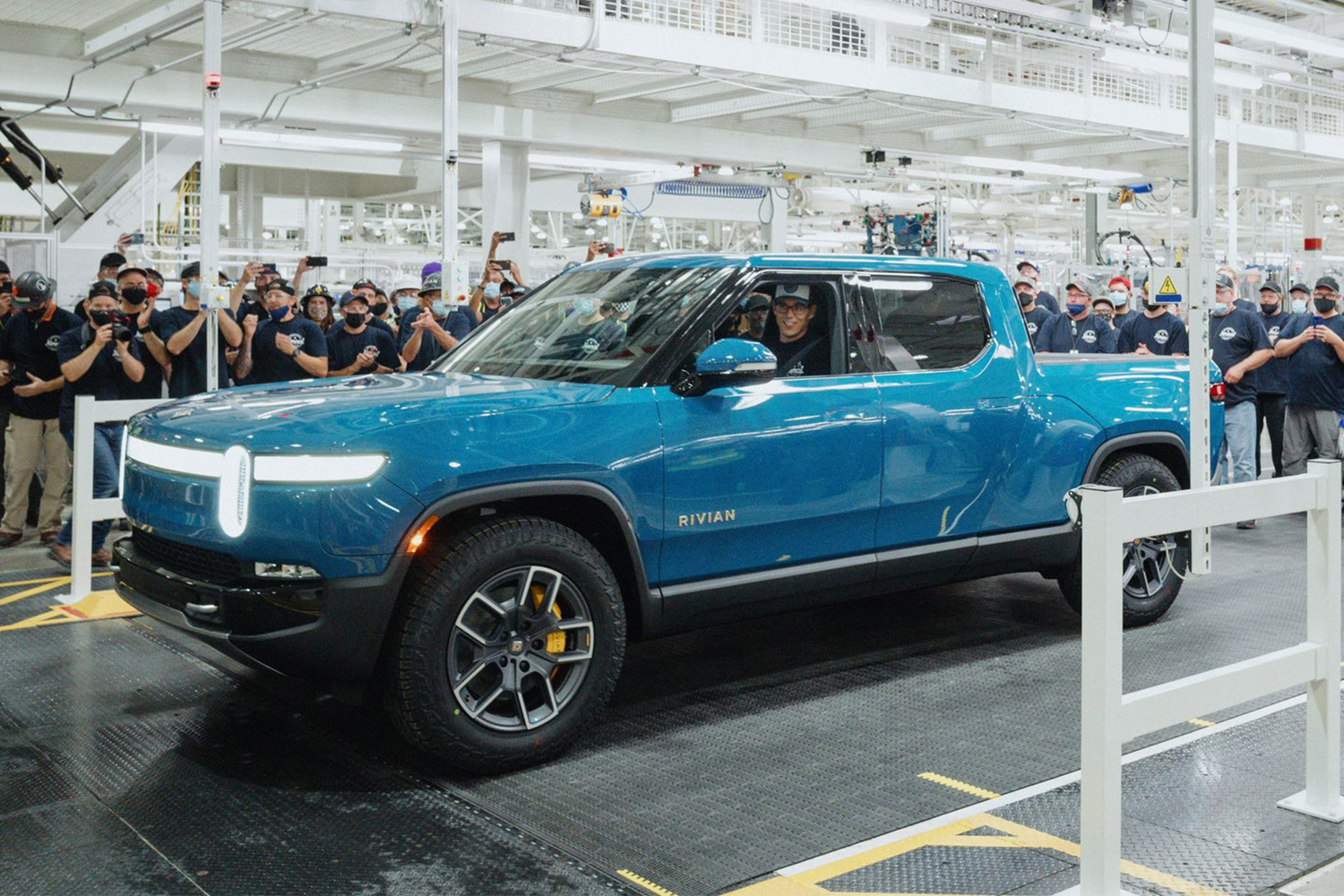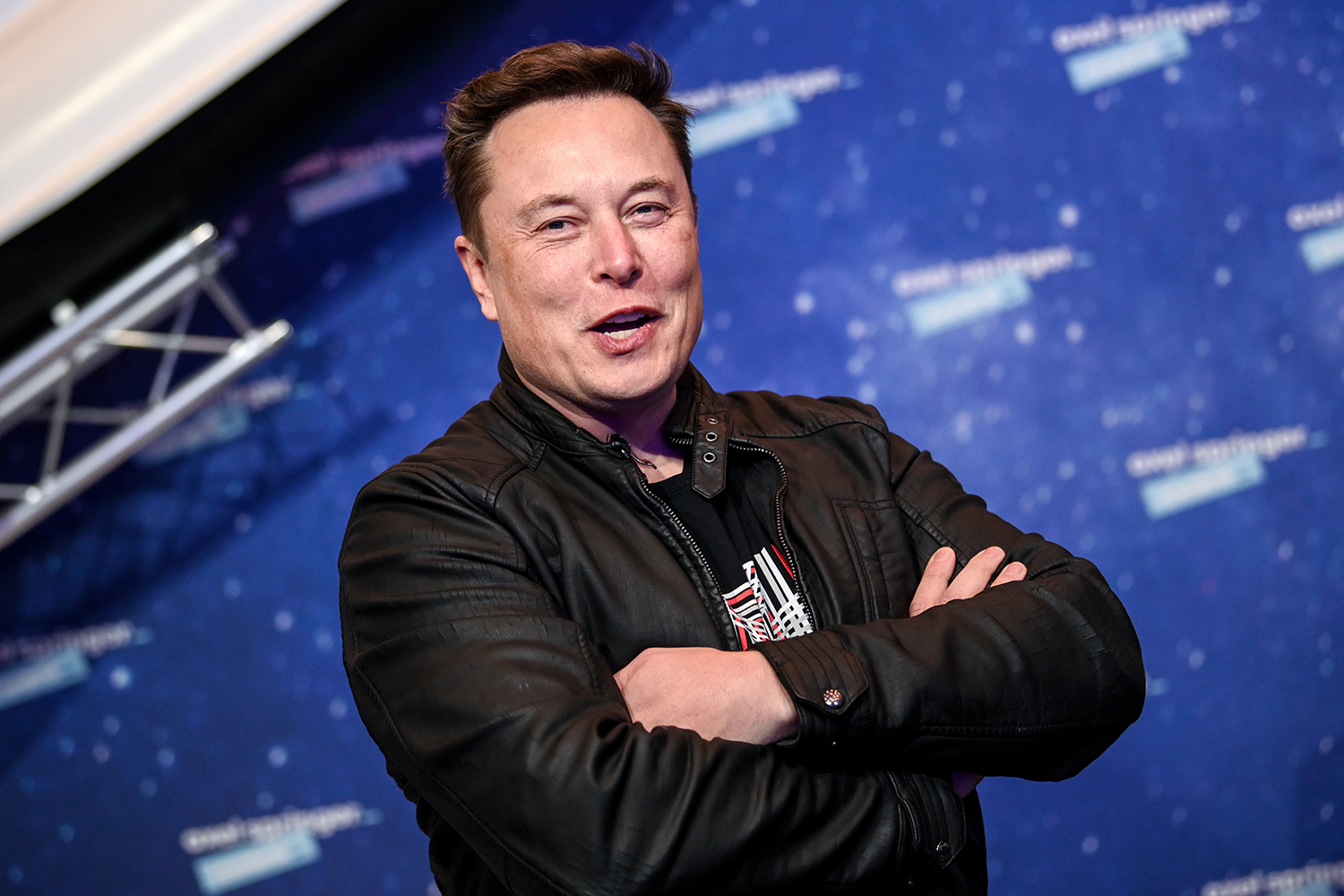In Rick Ridgeway’s new book Life Lived Wild, the record-setting mountaineer talks about how he, Patagonia founder Yvon Chouinard and the late North Face founder Doug Tompkins called themselves the “Do Boys.” In short, the life philosophy of the group was this: “We don’t talk about doing things, we do them.” That seems like a worthwhile credo whether you’re scaling Everest, running a business or engaging in philanthropy.
In business, Elon Musk has most certainly abided by this philosophy, pushing electric vehicles forward through Tesla when others thought it was a crapshoot, becoming the world’s wealthiest person in the process. In philanthropy, however, the 50-year-old’s recent stunt shows he’s all talk and no action.
The Tesla CEO’s most recent controversy centers around a Twitter fight with David Beasley, director of the World Food Program, a UN humanitarian program dealing with hunger and food security. In short, Beasley recently challenged billionaires like Musk and Amazon founder Jeff Bezos to pay $6.6 billion to help 42 million people around the world who are at risk of starvation and famine. A misleading CNN headline was tweeted at Musk, who responded by tweeting, “If WFP can describe on this Twitter thread exactly how $6B will solve world hunger, I will sell Tesla stock right now and do it.”
As Hayes Brown breaks down in an opinion piece for MSNBC, while Musk was praised for this tweet, he will likely never follow through with it. In fact, Beasley has since followed up on Musk’s empty ploy with plenty of details and an offer to discuss where the funds will go, but Musk has apparently moved on. It’s not a huge surprise — despite having a net worth currently over $320 billion, per Forbes, he scored a 1 out of 5 for philanthropy in the outlet’s annual Forbes 400 list, meaning he’s donated less than 1% of his fortune. (That’s not to say he hasn’t donated anything. This year it appears he is ramping up his philanthropy.)
Now, Jeff Bezos, the current second richest person in the world, also scored a 1 for philanthropy on the Forbes 400 list. But unlike Musk, Bezos recently took the significant step of selling $2 billion worth of Amazon stock to fund landscape restoration and food systems transformation, as reported by Bloomberg. That’s in addition to $1 billion pledged for nature conservation in September, all through the Bezos Earth Fund.
“Our commitment today supports a three-fold imperative – we must conserve what we have, restore what we’ve lost, and grow what we need in harmony with nature,” Jeff Bezos said in a press release. “Investing in nature through both traditional and innovative approaches is essential to combat climate change, enhance biodiversity, protect the beauty of the natural world, and create a prosperous future.”
Of course, if you look at the scope of Bezos’s wealth, $2 billion is really not that much percentage-wise, and Amazon does have a history of funding climate denial. But when you compare this new initiative — a thoroughly considered, detailed, proactive plan to benefit both the earth and the people on it — to what Musk is doing, Bezos looks like a downright saint. After all, Musk is just doing what he’s always done, trolling people on Twitter and never admitting he’s wrong.
If Musk really wants to make a difference with donations, he should stop sending his Twitter goons against the people who are actively trying to do good and come up with a more concrete philanthropic plan himself. But maybe he just wanted to tweet about doing things instead of actually doing them.
Thanks for reading InsideHook. Sign up for our daily newsletter and be in the know.

















